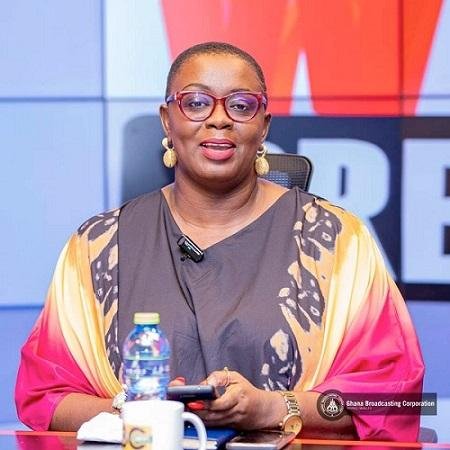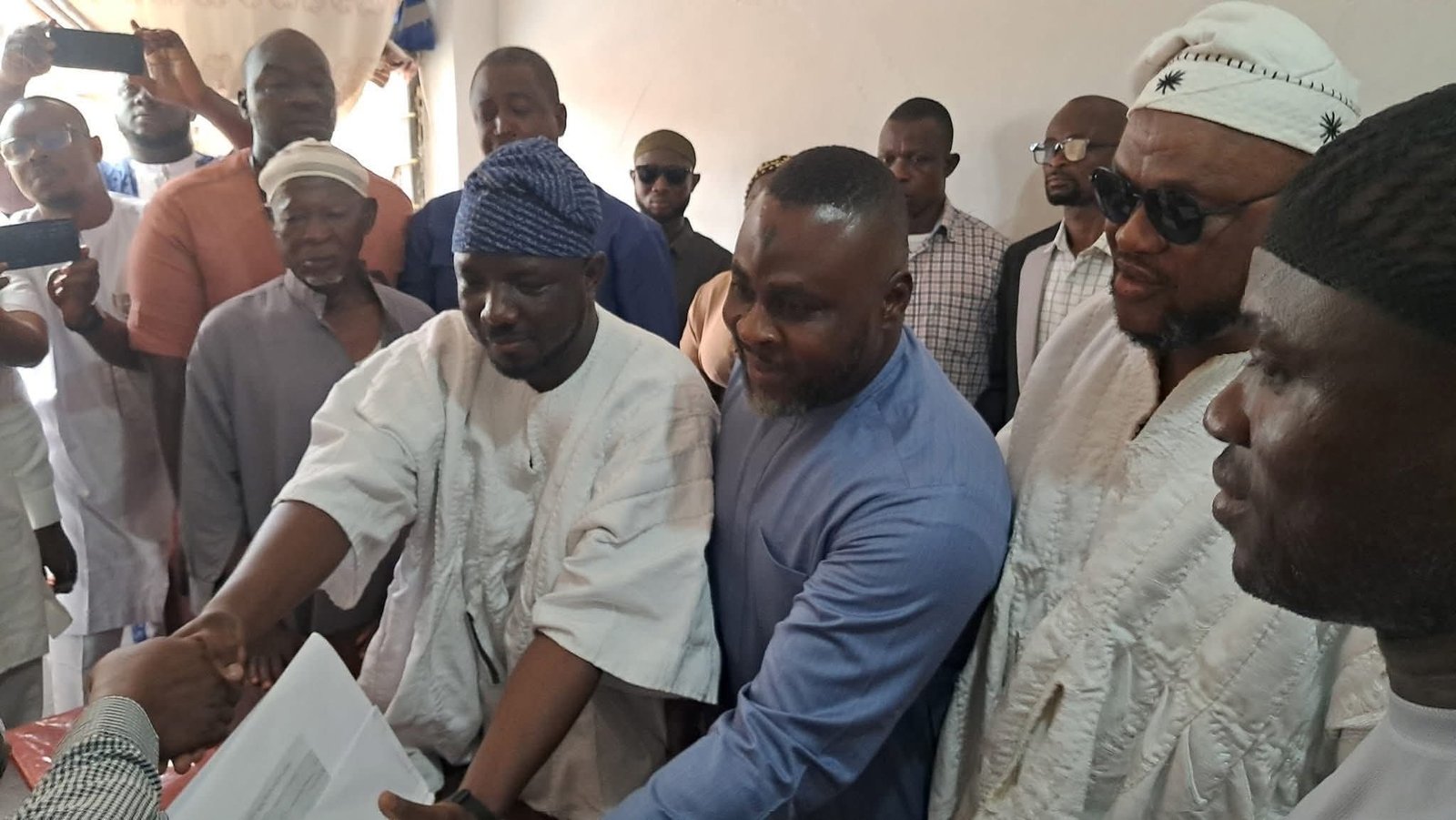Hot!
Ghana defeats Senegal to book a place in African Games final

The Black Princesses put up a thrilling performance to set up a showdown with Nigeria in the final of the African Games.
Mary Awuah’s corner kick found Tracey Twum who headed home the opener in the 18th minute.
Yussif Basigi’s side had a game plan and they nullified the attacking opponents of the opponents.
Ophelia Serwaa Amponsah’s was denied by the post in the 34th minute.
But the attacker got her goal in the 46th minute when she received the ball on the flanks and placed it in the bottom of the post to increase the tally.
Senegal pulled one back in the 53rd minute through a spot kick but Ophelia Serwaa responded within two minutes to extend Ghana’s lead.
Abiba Issah defended proactively throughout the game while having the ability to dig in getting several important headers away.
The Princesses looked more determined in the game to thwart the efforts of the opponents – as they held on to win the game 3-1.
Ghana will battle with Nigeria for Gold in the finals of the Women’s football competition in the African Games on Thursday, March 21, 2024.
Hot!
Focus on more pressing issues like Galamsey, not hate speech – Ellen Ama Daaku to Mahama

An aide to former Vice President Dr. Mahamudu Bawumia,Ellen Ama Daaku has advised President John Dramani Mahama to shift his attention from social media hate speech to more urgent national issues such as illegal mining.
Speaking in an interview, she noted that the President’s recent comments about tracking the IP addresses of people who spread hate speech were unnecessary.
According to her, President Mahama must first define what he considers to be hate speech before seeking to punish people for it.
Ms. Daaku argued that the President himself had benefitted from hate speech and social media attacks in the past when he was in opposition.
She said even during his time in government, he described his opponents and their tribesmen in unpalatable terms, which later drew complaints from former President Nana Akufo-Addo to the Catholic Bishops’ Conference.
She stressed that harsh criticism of leaders on social media should not automatically be considered hate speech, adding that former leaders, including former President Nana Akufo-Addo had all been subjected to it.
“He is only feeling what Nana Akufo-Addo went through for eight years,” she remarked.
While acknowledging the need to regulate misconduct online, Ms. Daaku insisted that going after social media activists should not be a priority.
She noted that many political activists, including herself, had been insulted and attacked online but never called for arrests.
She concluded that President Mahama should focus his energy on solving pressing problems such as galamsey and the economy instead of concentrating on critics on social media.
By: Jacob Aggrey
Hot!
Prof Alidu Seidu files nomination for Tamale Central seat

The newly elected parliamentary candidate of the National Democratic Congress (NDC) for Tamale Central, Prof Alidu Seidu, has submitted his nomination forms to the Electoral Commission.
As of 10:00 a.m. today, he was the only person who had filed to contest the seat.
Nomination of candidates will close at the end of the day.
Associate Professor and Head of the Political Science Department at the University of Ghana Legon, Prof. Alidu Seidu won the National Democratic Congress (NDC) parliamentary primaries in the Tamale Central constituency with a landslide victory.
The elections, supervised by the party’s Elections and IT Directorate in the Northern Region, saw Prof. Seidu poll 840 votes out of the total valid ballots cast.
His closest contender, Lawyer Hanan Gundadow Abdul-Rahaman, secured 536 votes.
The other aspirants could not make significant gains, with Dr. Seidu Fiter obtaining 44 votes, Aliu Abdul-Hamid 23 votes, and the rest recording fewer than 10 votes each.
In all, 1,500 ballots were cast, with 6 ballots rejected and 7 spoilt ballots recorded.
The results were signed and declared by Dr. Arnold Mashud Abukari, NDC Northern Regional Director of Elections and IT.
The National Democratic Congress (NDC) held parliamentary primaries in Tamale Central to choose a candidate for the upcoming by-election following the death of the sitting Member of Parliament, Dr. Ibrahim Murtala Mohammed. Dr. Mohammed, who also served as Minister for Environment, Science, Technology and Innovation, tragically died in a military helicopter crash in the Adansi Akrofuom District on August 6, 2025, alongside seven others.
His passing left the Tamale Central seat vacant, as required by Ghana’s 1992 Constitution.
The Electoral Commission has scheduled the by-election for September 30, 2025. While the NDC moved quickly to open nominations and vet aspirants, the New Patriotic Party (NPP) announced it would not contest the seat, citing the need to respect the somber circumstances and promote national unity.
By: Jacob Aggrey






